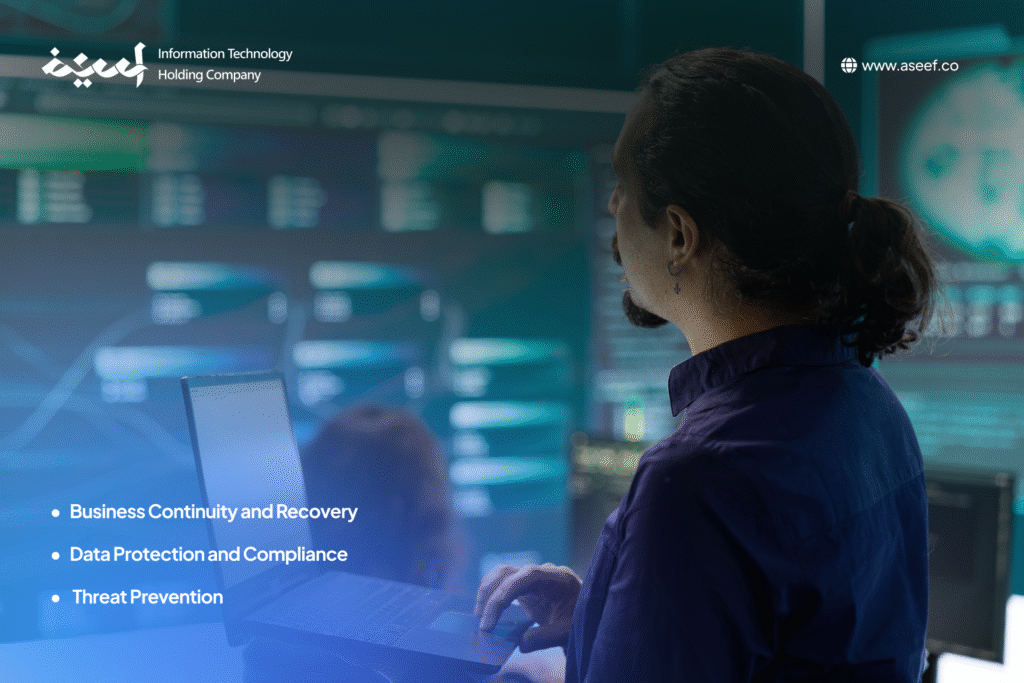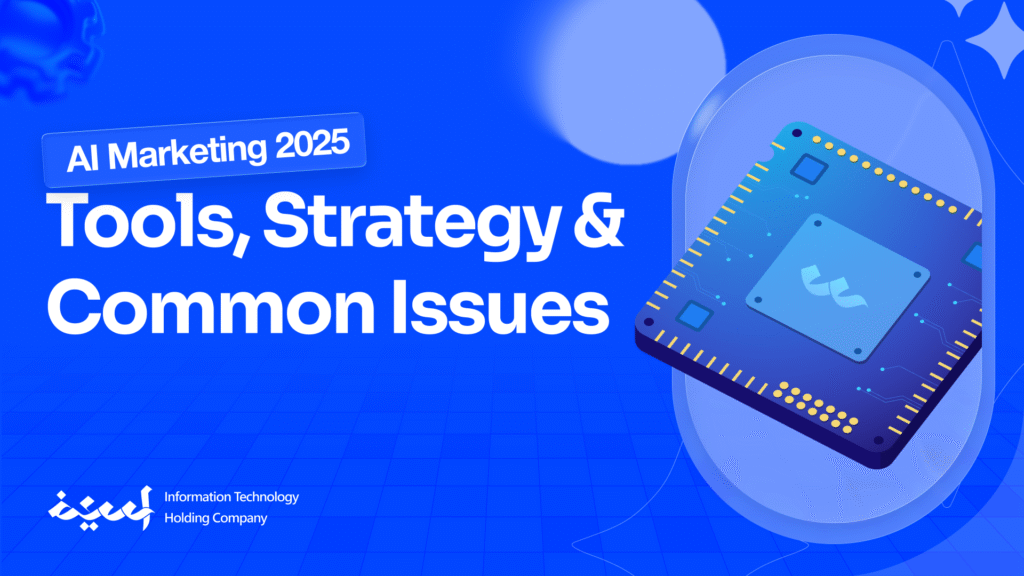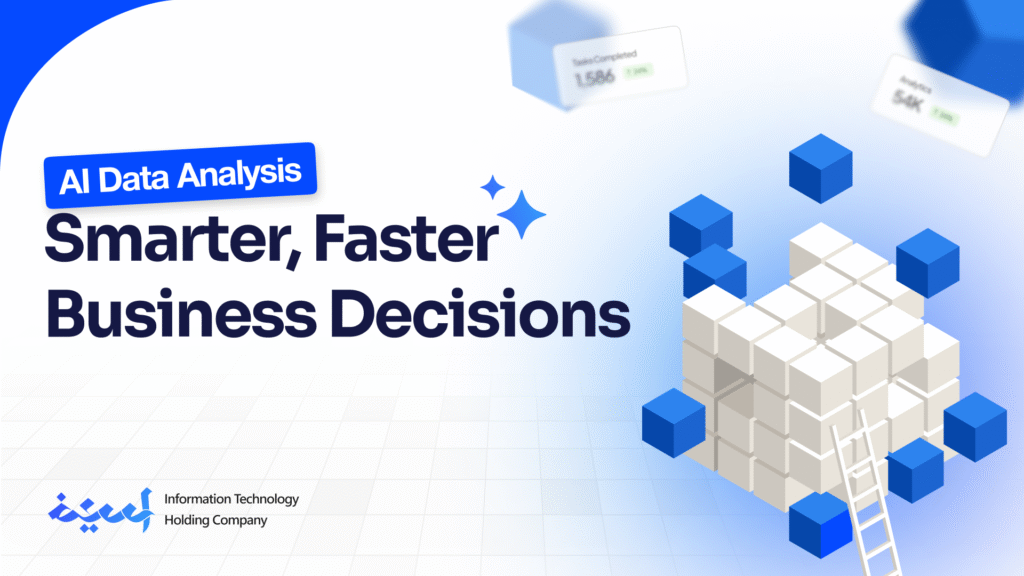- ARTICLE
Cyber Security Analyst Services for Saudi Businesses
Explore how AI in digital marketing boosts efficiency, personalised content, and improves ROI with automation, analytics, and smart strategy.
Explore how AI in digital marketing boosts efficiency, personalised content, and improves ROI with automation, analytics, and smart strategy.
INTRODUCTION
The Rising Importance of Cyber Security Analyst
Cyber security analysts are essential for Saudi businesses in today’s digital economy. With threats like ransomware, phishing, and data breaches happening every day, even one weak point can lead to huge financial losses. Companies that manage ERP systems, mobile apps, or online payments are especially at risk, where a single breach can disrupt operations and damage trust.
These analysts act as the first line of defense. They monitor networks, detect intrusions early, and respond before damage spreads. Just as importantly, they make sure businesses follow Saudi Arabia’s NCA Cybersecurity Framework and PDPL regulations, keeping both data and reputation safe.

Who Is a Cyber Security Analyst?
Defining the Role of a Cyber Security Analyst
A cyber security analyst is a dedicated professional focused on protecting businesses from digital threats. Unlike general IT staff, who handle everyday tasks like software updates or hardware setup, analysts specialize in safeguarding sensitive data, infrastructure, and digital assets from cyber attacks.
What makes them essential is their 24/7 vigilance. They continuously monitor systems for vulnerabilities, investigate suspicious activity, and implement protective measures such as firewalls, encryption, and intrusion detection tools. Beyond prevention, they ensure compliance with critical standards including NCA Essential Cybersecurity Controls (ECC), ISO 27001, and SAMA regulations frameworks that are vital for Saudi businesses.

What does a Cyber Security Analyst do?
Core Duties of a Cyber Security Analyst
A cyber defence analyst plays a critical role in safeguarding your business operations against both external attacks and internal vulnerabilities. Their job is not just to respond to incidents but to prevent them entirely.
Key Areas of Protection:
1. Threat Prevention
Cyber security specialist actively defend against:
- Ransomware attacks that shut down vital business operations.
- Sophisticated phishing schemes, including Arabic-language lures, targeting employees.
- DDoS assaults that disrupt websites and essential online services.
2. Data Protection and Compliance
Analysts ensure your systems meet regulatory requirements such as:
- SAMA Cybersecurity Framework for financial institutions
- NCA Essential Cybersecurity Controls (ECC) across sectors
- Data privacy policies that protect customer information and avoid legal penalties
3. Business Continuity and Recovery
In the event of a breach or system failure, cyber security experts implement:
- Disaster recovery plans
- Incident response protocols
- Backup strategies to minimize downtime and data loss
Cyber security analysts are digital security guards. They not only stop attacks but also strengthen weak spots before hackers exploit them. According to IBM’s Cybersecurity Report, 83% of organizations in the Middle East have faced at least one data breach in the past year, highlighting the urgent need for skilled analysts.

Why Hiring After a Breach Is Too Late?
The High Cost of Waiting Until After a Breach
Many businesses recognize the value of protection only after an attack strikes. By then; the financial, legal, and reputational damage is often already done and hard to recover from.
The Real Costs of Delay:
1.Financial Loss
Breaches can halt operations for hours or days, costing thousands or even millions, depending on your industry.
2.Regulatory Fines
Failing to comply with SAMA, NCA, or the Saudi Data & Privacy Law can result in steep penalties.
Saudi Arabia’s Anti-Cyber Crime Law imposes strict penalties, up to 10 years in prison and SAR 5 million in fines, for offenses like hacking, data theft, and online defamation. It highlights the need for strong cybersecurity and legal compliance in the Kingdom.
3.Reputation Damage
Customers lose trust fast, especially if personal or payment data is exposed. Recovery takes years, if it happens at all.
Hiring a cyber security professional after a breach often means:
Hiring after a breach often means rushing to onboard talent under pressure, addressing vulnerabilities without a clear plan, and paying more for emergency support or external forensics. In contrast, proactively hiring a cyber security expert allows you to manage risks continuously—avoiding costly surprises and ensuring long-term protection.
How to Choose the Right Cyber Security Analyst?
Essential Skills and Qualities of a Cyber Security Analyst
Choosing the right cyber security analyst can make the difference between a business that merely reacts to threats and one that stays resilient against them. Beyond technical knowledge, the right analyst brings industry awareness, regulatory expertise, and the ability to align security with your business goals.
When evaluating candidates, businesses should consider:
- Certifications → Look for recognized qualifications such as CISSP, CISM, or CEH, which demonstrate proven expertise.
- Regulatory Experience → Analysts familiar with NCA, PDPL, and SAMA frameworks can ensure compliance with Saudi Arabia’s strict cybersecurity laws.
- Technical Expertise → Hands-on skills in SOC monitoring, incident response, penetration testing, and forensic analysis are crucial for proactive defence.
- Communication Skills → A great analyst can train staff, explain risks to leadership, and build a culture of awareness across the organization.
According to the Cybersecurity & Infrastructure Security Agency (CISA), companies that integrate skilled analysts into their teams significantly reduce the likelihood of breaches and recover faster when incidents occur.

What Cyber Security Analysts Typically Deliver?
Key Services Provided by Cyber Security Analysts
Cyber security analysts play a vital role in keeping businesses safe from evolving digital threats. They monitor, prevent, and respond to risks while ensuring compliance with Saudi regulations. More than defenders, they act as trusted partners guiding long-term security growth.
1.Real-Time Threat Monitoring & Incident Response
Cyber security analysts continuously monitor systems, detect suspicious activity, and respond to threats before they escalate. This proactive defence minimizes downtime and keeps operations safe.
2.Regulatory Compliance & Audit Readiness
Analysts ensure full compliance with Saudi frameworks such as:
- SAMA Cybersecurity Framework (for financial institutions)
- NCA Essential Cybersecurity Controls (ECC)
- Saudi Data Protection Law (PDPL) and other industry-specific regulations
3.Risk Assessments & Incident Preparedness
Through vulnerability scans, penetration tests, and simulation exercises, analysts identify weak points and prepare teams to handle real-world cyber attack scenarios.
4.Security Awareness & Employee Training
Human error is often the biggest risk. Analysts deliver training sessions that cover phishing awareness, password hygiene, social engineering, and safe online behaviour to build a cyber-aware workforce.
5.Continuous Support & Strategic Guidance
Cyber security experts don’t just react to incidents, they act as long-term partners. They provide quarterly reviews, update teams on evolving threats, and design adaptive strategies that align with business growth and digital transformation.
Conclusion
Stay Ahead of Cyber Threats with Expert Protection
Cyber threats are no longer hypothetical. From phishing attacks crafted in Arabic to cloud breaches and ransomware targeting Saudi infrastructure, the risks are growing and they’re targeting both large corporations and SMEs alike.
The question is no longer if an attack will happen, but when and how prepared your business will be when it does.
Hiring a cyber security professional is one of the most effective steps you can take today to:
- Prevent operational and financial damage.
- Protect sensitive data and systems.
- Meet regulatory requirements under SAMA, NCA, and Vision 2030’s digital mandates.
- Build long-term customer trust and operational resilience.
Don’t wait until a breach forces your hand. Book your Cyber Security Consultation with Aseef’s analysts today.
Blog Summary
Cyber security analysts are vital for Saudi businesses as ransomware, phishing, and data breaches continue to rise. They act as the first line of defense by monitoring networks and responding quickly to threats. Analysts also ensure compliance with Saudi regulations like NCA and PDPL, keeping data and reputation safe.
A cyber security analyst is a specialized professional dedicated to preventing, detecting, and responding to digital threats. Unlike general IT staff, they focus solely on security through tools like firewalls, encryption, and intrusion detection. Their role is critical for businesses to stay compliant with SAMA, NCA, and ISO standards.
Cyber security analysts prevent major threats such as ransomware, phishing, and DDoS attacks before they cause disruption. They secure sensitive data, ensure compliance with Saudi cybersecurity frameworks, and develop recovery strategies. Acting as digital security guards, they continuously identify and fix weak points to strengthen defenses.
Waiting until after a breach exposes businesses to heavy financial losses, regulatory penalties, and long-term reputational damage. Saudi cybercrime laws impose strict fines and even imprisonment for non-compliance, making prevention crucial. Hiring proactively allows businesses to prepare, minimize risks, and avoid emergency costs.
The right analyst brings technical expertise, regulatory knowledge, and communication skills to align security with business goals. Certifications like CISSP, CEH, or CISM ensure credibility, while experience with NCA and SAMA helps maintain compliance. Analysts also train employees, bridging the gap between technical threats and everyday operations.
Cyber security analysts provide continuous monitoring, real-time threat response, and recovery strategies to minimize risks. They ensure compliance with Saudi regulations, conduct risk assessments, and train employees to build cyber awareness. Beyond immediate defence, they act as long-term partners, adapting strategies as businesses grow.
Cyber threats in Saudi Arabia are targeting both SMEs and large organizations, making proactive defense essential. Hiring a cyber security analyst helps prevent damage, protect data, and stay compliant with Vision 2030 mandates. Businesses that invest in security today gain resilience, trust, and long-term growth.
Frequently Asked Questions (FAQs)
1. Can small businesses be targeted?
Yes. SMEs often have weak defenses and face serious risks.
2. How do I know if my business is vulnerable?
Look for outdated systems, no training, or missing response plans.
3. How is a cyber security analyst different from IT staff?
They focus only on threats, not general tech support.
4. What certifications should they have?
CEH, Security+, CISSP, or CySA+.
5. Do I need a full-time analyst?
Depends on your risk level—outsourced works for SMEs.
6. What about compliance checks?
Analysts help ensure you meet NCA, SAMA, and other standards.
7. What do Aseef’s analysts offer?
Monitoring, compliance, training, and risk control.
8. Can they help during an attack?
Yes—they act fast to contain and recover.
9. Is support available in Arabic?
Yes, our team works in both Arabic and English.
Publication Date
Category
- Cyber Security
Table of Contents
Let’s start a project today
Start your project with us and unlock innovative solutions tailored to your needs. Our team is ready to bring your ideas to life and deliver exceptional results.




Let's start a project today
Start your project with us and unlock innovative solutions tailored to your needs. Our team is ready to bring your ideas to life and deliver exceptional results.
Request Solution








